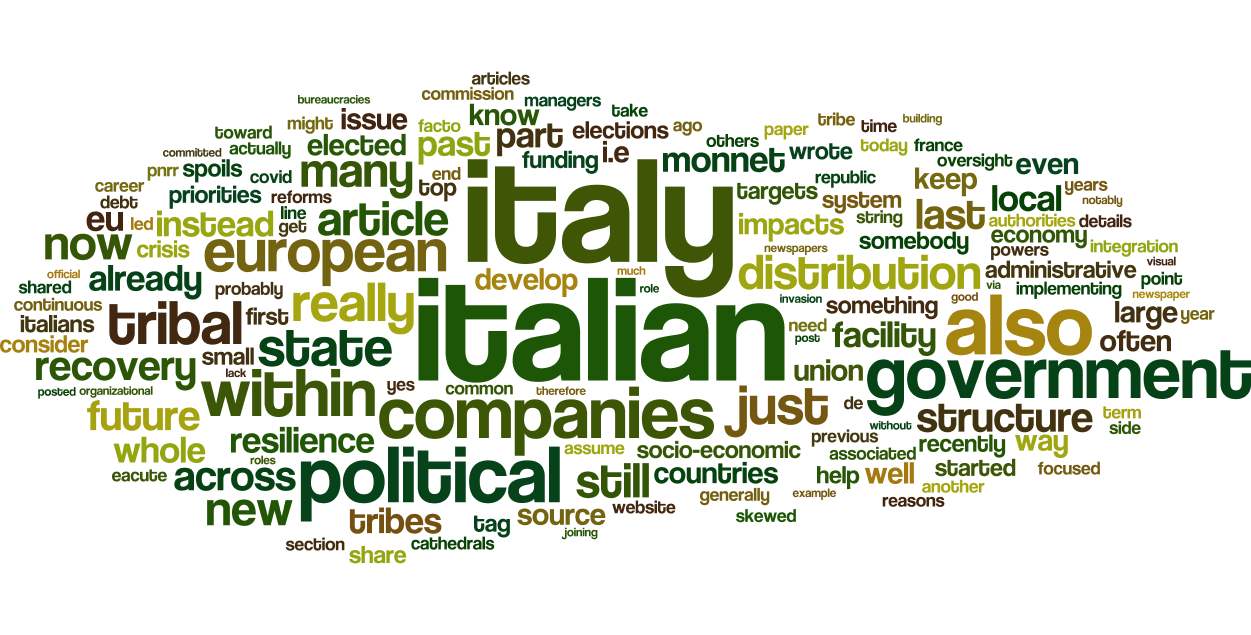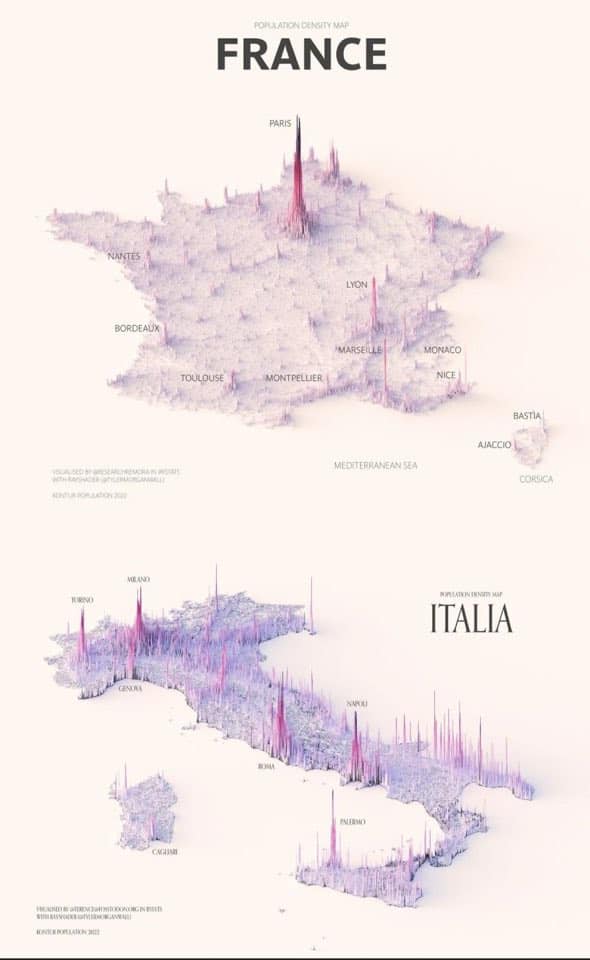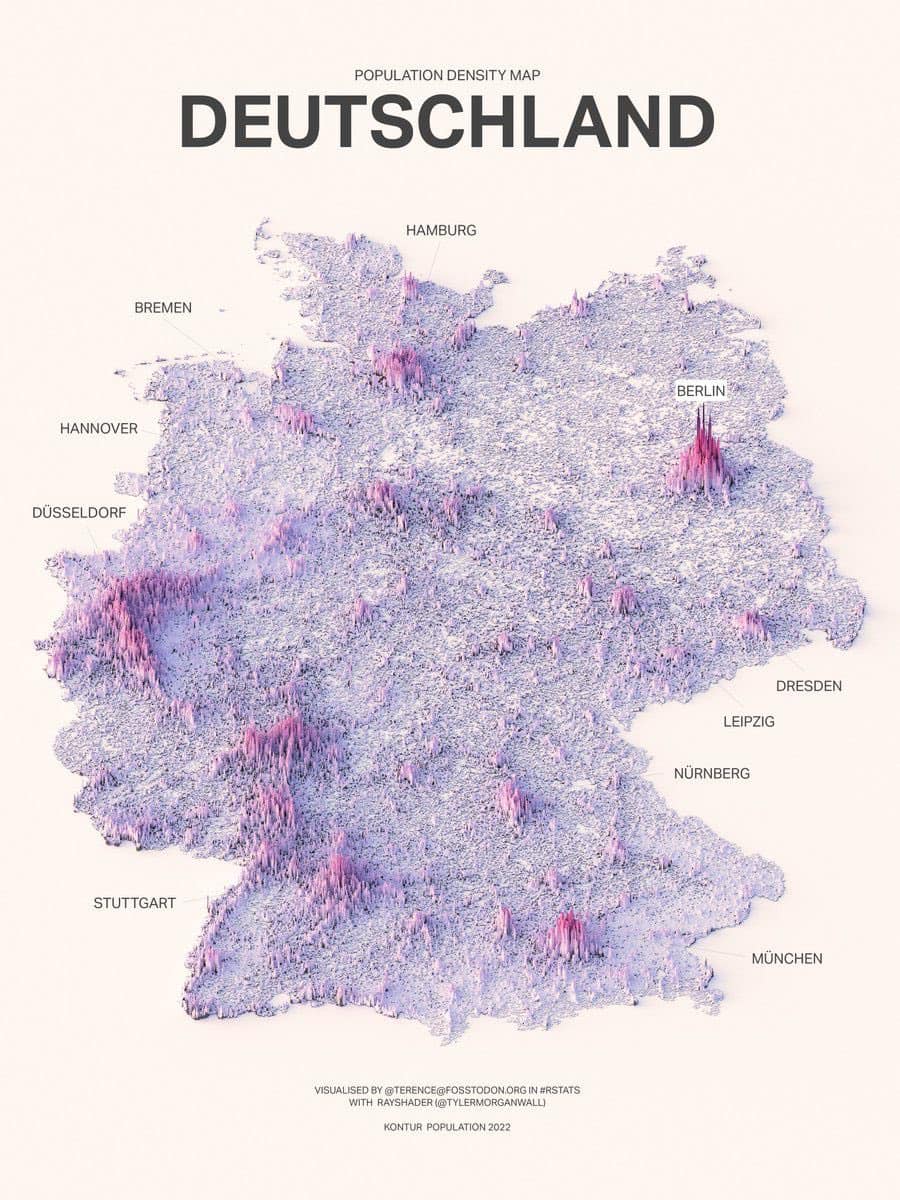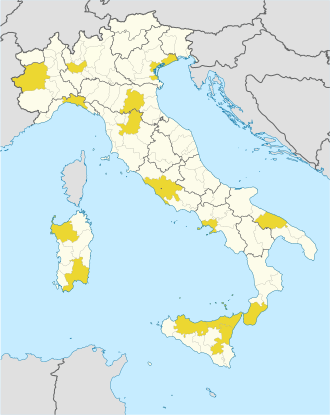Viewed 8434 times | words: 3152
Published on 2022-12-31 20:00:00 | words: 3152

Today is the last day of 2022- as somebody said online one year ago, it could be pronounced as "2020, two".
Well, 2020 brought us COVID- but also a new "Monnet" application: a crisis what was needed to allow the EU to issue debt as collective.
It was end January 2020 when a first announce was made, so already by February 2020, without waiting the official announce later on (we went under lockdown in March, in Italy), some like myself already started following some procedures- but I wrote about that in 2020.
Jump to late February 2022, and we have an invasion piling up on the COVID aftermath, and now apparently joining with a potential new COVID wave.
If you consider that the invasion of Ukraine enabled another "Monnet" string of moments related to energy, i.e. a jumping forward in European integration justified by the shared need to solve a crisis.
I already shared for a while my doubts, and recently I heard at last others joining my doubts, about the European Commission extending its own degrees of freedom from political oversight, despite having no direct political mandate.
But the purpose of this post is not to talk about the future of the European Union: "Monnet" moments used to be far apart, to let the side-effect settle, not a continuous string of "expansions".
The boundary between joint decision-making suspending usual political convergence to solve a crisis, and bullying your way toward a different model but with de facto no oversight via riding (and, in some cases, renewing) crises is becoming really thin.
If you follow my website, you probably know that already (if you do not, search for Monnet), and you know also that I looked forward to the organizational impacts of the Quirinale Treaty between France and Italy.
This article has a more limited scope, notably the impacts on Italy of the RRF, the EU Recovery and Resilience Facility, and its Italian component, PNRR.
Few sections in this article:
_comparing countries: a visual example on decentralization
_blending a tribal socio-economic structure within the EU
_a skewed distribution: the generational impacts of the Italian spoils system
_implementing Recovery and Resilience Facility in Italy: a paper tiger?
_funding the future and confounding priorities in a tribal economy
_shifting priorities: sustaining nimbleness while building cathedrals
But this article comes with a twist: as I assume that everybody will be busy preparing for New Year Eve (or, if reading it tomorrow, recovering from it), will keep it short- and each section of this article will evolve into more material in the future.
So, I posted this article under "CitizenAudit", while the ensuing articles might be under other sections of the website.
Comparing countries: a visual example on decentralization
Recently on Facebook received a post about the population distribution across countries- and focused on France, Germany, Italy.
So, these are the pictures:

Italy and France (source)

Germany (source)
It would be interesting to see instead the distribution of GDP across the country.
Italy has 15 "città metropolitana", i.e. administrative aggregations that should allow some benefit of scale for a range of reasons- but are still an imperfect cog-in-the-wheel within the Italian administrative and political partitioning in regions, surviving counties ("provincia" is the Italian name) and, for larger towns, further partitioning.
And this the Italian location of each "città metropolitana":

(source)
A division of powers and administrative roles that satisfies the tribal structure of Italy, but still needs some intensive tuning.
Blending a tribal socio-economic structure within the EU
If you follow this website, you know already, but it is worth repeating: I did not vote and could not vote (not my political side) for any of the political parties within the current Government.
Nonetheless, I hope that will be able to stay on until the completion of this term (the elections were in late September 2022, so if it were to last for the full five years term, would cover until the end the PNRR, the Italian side of the EU Recovery and Research Facility that is part of the NextGenerationEU.
Why? A counterintuitive reason: it is the first to be led by a political party that led no government within the Italian Republic, i.e. since WWII.
Yes, its direct political lineage is to the fascist party and the regime that ruled Italy 1922-1943, with a last leg on the Italian Civil War 1943-1945.
Still, got elected by Italian voters in 2022, and its elected representatives are therefore democratically elected.
Hence, while it is right for both political opposition and civil society to disagree with this or that reform, a democratically elected government is still a legitimate government: if some, by de facto pulling the plug to the coalition government led by Mr. Draghi, the former leader of the European Central Bank, assumed that they would win the elections and lead another government, well, that did not work.
Now, for few months after the elections, the Italian spoils system opens a window to replace top managers across many companies.
How many?
As reminded by the Italian business newspaper (owned by the Italian Industrialists' association), this is the share of the Italian stock market:
Recently most Italian newspapers started making pointed signs of disappointment at the government.
Why? Not because it has been more incompetent that many that were in office during the Second Italian Republic (basically started in the early 1990s).
Instead, I think that, while initially the current government seemed to be focused on continuity with the previous government, recently started criticizing some of the managers of companies where the State is a shareholder, and also of senior bureacrats for their bland oversight and steering.
So, I think that the open season on the government is really linked to the tribal socio-economic structure of Italy, coupled with its official and unofficial spoils system that I wrote about extensively in the past (more in the future).
If you have a tribal socio-economic structure with a dissemination of power centers across the whole territory, as shown in part also by the GDP and population distribution, having the power to appoint not just top managers, but also de facto down to the latest office employment, is an issue.
Not just for State-owned, but also for companies co-owned by local authorities, that in the past were also used to circumvent limitations on new hiring within local authorities, as was remarked many years ago by a centre-right politician when he asked to include also "partecipate" (i.e. co-owned companies) within those constraints.
The issue? In a tribal structure, generally positions evolve vertically: if you remove access to roles to the top level because new tribes have to be considered, all those who waited in line (or even had been previously hired and promised promotions), will be sidelined- and this could create tensions within and between tribes.
As I wrote long ago, one of the reasons why in Italy selective cut are difficult, and generally we take linear cuts (e.g. 5%), is really our tribal structure.
Now, as I said above we do not just replace after each election the top level, but also pave the way for more tribal integration.
A skewed distribution: the generational impacts of the Italian spoils system
In Italy, is not uncommon that, when a tribe decides that somebody, to keep the balance and pay social duties to key components, should eventually take a leading role, a career is built with what is called "stepping stone" (scalino)- actually more than once, across the whole career.
The funny part is that often tribes seem to bet on a single horse at a time (again, probably due to balancing), and therefore have to build a support network, a kind of "knowledge safety net", to help recover and improve from any faux-step, and this has to be done, as you can expect, across the whole career.
Now, how does this (about which I wrote in the past often) relate to the EU? Well, we Italians abroad structurally way too often stick to our tribes- we still lack a "raison d'état" that is really a sense of the "common good" even when potentially negatively impacts our specific tribe.
But it is not a new debate- we already had such a debate between Machiavelli and Guicciardini.
To summarize: I side with those (not just Machiavelli) that said that a blend of fate and human initiative is needed, but that human initiative must start with the "particulare" with a wider horizon.
Also in other countries I lived and worked in across Europe there were "tribes", but the point was that they had a better understanding that we share the same boat.
So, whenever hiring a tribe member, typically (s)he carries along the whole family: just look within the State and local bureaucracies and connected companies, as well as universities etc how many parents have onboard their own children or relatives (generally not directly, if feasible, but in other area- albeit, as shown repeatedly in the last few decades, "monitoring careers" sometimes includes a gentle nudge).
The funnier part? When those "floated up" assume that they were lifted by their own capabilities, and start lecturing the country at large, or their local authorities, of why they deserve to be there forever and ever (just in my hometown, Turin, over the last decade twice I saw, in different parts of the public appointments arena, rules changed to retain somebody).
While the first to be appointed in a "line of succession" might actually bring something missing to the table, unfortunately the sense of entitlement that elsewhere is associated with élites, in Italy is associated with way too many holding any role in any organization where State, politics, and even local business élites have a say.
Common good? Well, not really.
What we get in Italy is a "normal" distribution of talent that, once the "entitlement" kicks in, does not necessarily push those "entitled" to develop up to their best to keep contributing: it is an extractive economy.
Hence, this is what we get, a skewed distribution- consider the X axis as showing talent zero to 100:

((source))
Also because another characteristic of those instead who know why they are were they are is that they are more than inclined to surround themselves with those that they assume that they a) can control b) will not take the chair from under them.
Do that for 70 years (the age of the Italian Republic), and you have a factor in the weakness of the Italian State.
Implementing Recovery and Resilience Facility in Italy: a paper tiger?
So, part of this weakness of the Italian State is the self-referential element of its bureaucracies.
Often, they do not see themselves as servants to the State (and citizens), but "we are the State"- and political elections are a temporary nuisance that they do neutralize as much as they can.
Frankly, it does not really help toward the path to accountability and responsibility that the Recovery and Resilience Facility is about setting targets "doing reforms" (i.e. writing paper and laws and regulations), and not really implementing them.
So, out of 55 commitments for 2022, when Mr. Draghi Government left in October 2022, the majority were still to be done.
A title from early December:
A title from this week:
Do you want details by Ministry?
So, yes, we will meet the targets, and today newspapers reported that the Italian Government will file a request for the further funding.
Still, if you were to read the list in Italian of the details associated to each line in that last table, and you have any experience on organizational change in Italy, you would not be surprised to feel as if what really was released, in most cases, was "promissory notes of reforms", not real change.
Funding the future and confounding priorities in a tribal economy
The devil is always in details.
Still, the key issue for the whole European Union is that Italy represents almost 1/3 of the Recovery and Resilience Facility overall commitment, and that, having made the choice to ask the markets funding in segments, the whole European Union is committed to showing that the plan is working at least for the largest receivers (Italy included).
Quis custodies ipsos custodes?
Meanwhile, in Italy, we should instead focus on implementation- do not forget that actually the "targets" we have to achieve have not been imposed just by Brussels.
In reality, it was "Monnet moment": the game was that countries such as Italy sent to Brussels also reforms that some tribes had wanted to do for a long time, but had not enough political clout to deliver it. Then, we are all committed to those targets.
Yes, I believe that in reality, as each National Recovery and Resilience Plan within the European Union commits each Member State way past the political leadership that signed for it, the Italian lack of national purpose resulted in furthering the democratic deficit of our institutions.
Exactly how did what I first called and now others are calling the self-definition and expansion of the European Commission powers into something that sometimes even exceeds the powers of the elected President of the United States of America.
Anyway, an analysis of what happened during the term of this European Commission would probably keep historians busy for a while.
The risk of this continuous string of "push" without a common consensus if not ex-post is to generate a political crisis, both in Italy (for the reasons expressed above an in previous articles), and the European Union (ditto).
In Italy, the PNRR is too much about now and too little about the future- and I will never tire to repeat to my fellow Italians, whenever somebody utters the magic word "grants", how it really works.
To keep this article short, let's move now to the final section of this article- you can read something about the "mechanics" in previous articles that I posted here since 2020.
Just a closing statement: as, in the end, most of what we in Italy are receiving and will receive is under the assumption that is to be, directly (debt) and indirectly ("grants", but less than our share) returned, we need to retune the "investment" part, to ensure that generate flows in the future.
Otherwise, we Italians of 2022 are simply dumping on Italians in the future a 200+ billion EUR of debt more...
Shifting priorities: sustaining nimbleness while building cathedrals
There is an element that discussed in the past quite often, and it is the continuous structural issue of the Italian economy, with many small companies also in advanced technologies, to the point that many manufacturing and research companies are significantly smaller than those suppliers they externalize e.g. their own administrative and IT services to.
In the past, proposed that those few large companies in Italy, notably those State- or local authotities owned, should act as competence centres and knowledge hubs, helping smaller companies to be able to compete in a global market by supporting processes and systems that they, with their focus on operations, cannot develop.
Reason? As a large company said, if they help small companies to develop, and they provide services and products to them and also others, including competitors, the net result is that those small companies might develop something that would be impossible to develop with the same speed and flexibility within a large burocratic behemoth, more focused on standardization or mass volume or both.
And, incidentally, this could help to manage risk: instead of developing an array of micro-business units built around a product with your own employees, you could get a small new company do the same but with more motivation, and then integrate it if successful.
Instead, your own employees seconded to such an internal micro-business unit would be constantly on the lookout for maintained integration with corporate politics, diverting resources toward such a need.
You could build cathedrals (large, multinational companies), but, in our competitive world, as reminded by a McKinsey report that received today via Linkedin, there are multiple dimensions to consider- and no single entity could excel or even just test the waters in all of them:
(source)
If you reached to the bottom of this article, you know that I shared pointers: now, in 2023, will be time to consider them along with other supporting material (as for each point discussed above, including my remarks on Italian habits, I have obviously documentation and newspaper clips to share).
Stay tuned, and... happy new year!
 _
_